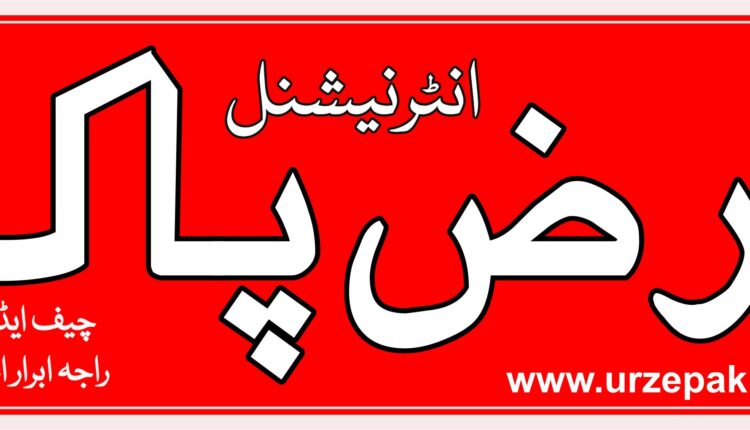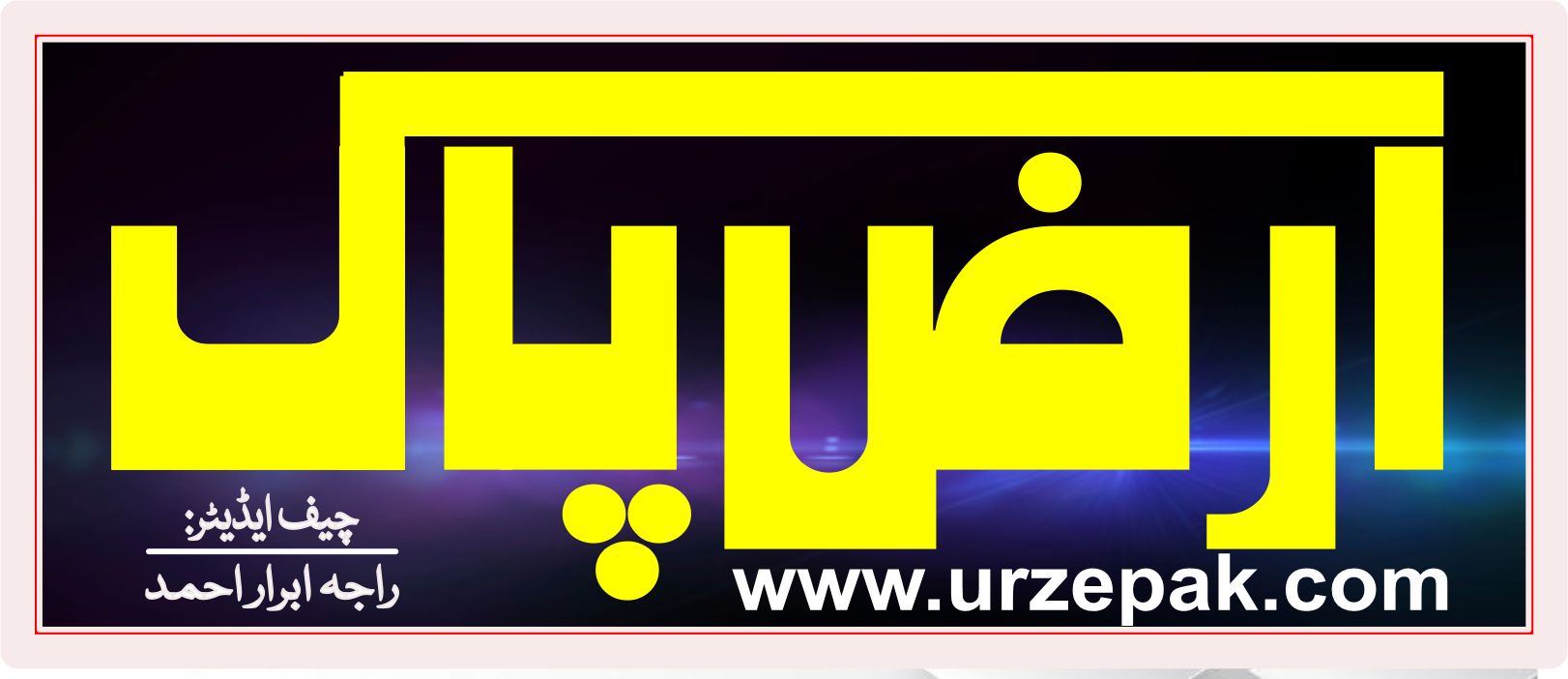
سروائیکل کینسر کی ویکسین کے فائدے اور نقصانات کیا ہیں؟َ ویڈیو میں حقیقت سامنے آگئی
سروائیکل کینسر یعنی بچہ دانی کے منہ پر بننے والے کینسر سے اپنی آنے والی نسلوں کے بچاؤ کیلیے ملک بھر میں15 ستمبر سے ایچ پی وی ویکسین لگانے کی قومی مہم شروع ہوچکی ہے۔
اس سلسلے میں 8 سے 14 سال کی بچیوں کے والدین اس تذبذب کا شکار ہیں کہ آیا وہ اپنی بچیوں کو یہ ویکسین لگوائیں یا نہیں، جس کی بڑی وجہ اس ویکسین کی افادیت سے آگاہی نہ ہونا ہے۔
اے آر وائی نیوز کے پروگرام باخبر سویرا میں ماہر امراض اطفال ڈاکٹر محمد خالد شفیع نے سروائیکل کینسر کی وجوہات اور اسباب بیان کیے اور اس کے علاج سے متعلق آگاہی فراہم کی۔
ان کا کہنا تھا کہ یہ وائرس جسے ہیومن پیپیلوما وائرس (ایچ پی وی) کہتے ہیں، اس وائرس کا انفیکشن کئی طرح کے کینسر کا سبب بنتا ہے جس کی سب سے مہلک ترین شکل سروائیکل کینسر ہے، اس کا سب سے زیادہ شکار خواتین ہوتی ہیں۔
انہوں نے بتایا کہ اس کینسر میں مبتلا ہوکر دنیا بھر میں سالانہ ساڑھے تین لاکھ خواتین موت میں منہ میں چلی جاتی ہیں۔ پاکستان میں سالانہ 5ہزار خواتین اس سے متاثر ہوتی ہیں جن میں 3ہزار سے زائد کا انتقال ہوجاتا ہے۔
اس کے پھیلنے کے بھی بہت سے ذرائع اور وجوہات ہیں اس کی روک تھام کیلیے ویکسین سب سے اہم ذریعہ ہے اور دنیا کے 149 ممالک میں یہ ویکسین باقاعدگی سے لگوائی جارہی ہے، جن میں خلیجی اور ایشیائی ممالک بھی شامل ہیں جبکہ آسٹریلیا میں سال2006 سے یہ ویکسین لگائی جارہی ہے۔
انہوں نے بتایا کہ اس کینسر کی ویکسین کے حوالے سے بہت سی غلط معلومات اور خدشات پائے جارہے ہیں، جنہیں دور کرنا بہت ضروری ہے۔
ان کا کہنا تھا کہ پاکستان میں جب اس مہم کا آغاز کیا گیا تو سب سے پہلی ویکسین میں نے اپنی بیٹی کو لگوائی جو 13 سال دو ماہ کی ہے۔
ڈاکٹر محمد خالد شفیع نے کہا کہ سوشل میڈیا پر جو لوگ اس حوالے سے وی لاگز بنا رہے ہیں ان کا دور دور تک میڈیکل سائنس سے کوئی تعلق نہیں وہ محض ایک مفروضے کو بنیاد بنا کر اپنے خیالات کا اظہار کرہے ہیں۔
ان کا مزید کہنا تھا کہ میں پوری قوم کو اس بات کا یقین دلانا چاہتا ہوں کہ اس ویکسین کا کوئی نقصان یا سائیڈ افیکٹس نہیں ہے سوائے ایک بار سوئی چبھنے کی معمولی سی تکلیف کے۔
Abrar Ahmed is not just a journalist — he is a chronicler of his time. A Kashmiri journalist, columnist, novelist, and author, he has spent his life wrestling with ideas, questioning power, and giving voice to the voiceless. Armed with a Master’s degree in International Law, he brings intellectual depth and moral clarity to every piece he writes. His education at the University of Azad Kashmir Muzaffarabad and Quaid-i-Azam University shaped his analytical mind, but it is his lived experience that sharpened his pen.
Abrar has been a tireless campaigner for human rights, equality, and justice, speaking out against oppressive systems of governance and entrenched corruption in many Asian countries. He has consistently raised his voice for the deprived and oppressed people of Kashmir, making their struggle for dignity and freedom heard on global platforms.
Today, he resides in Dublin, Ireland, where his perspective has widened, allowing him to view Kashmir’s pain and the world’s conflicts through a sharper, more global lens.
He is the founder of the Institute of Research for Conflict Resolution and Social Development, Ikhtilaf News Media and Publications, and the Daily Sutoon Newspaper — institutions built not just to inform, but to challenge, to provoke, to awaken. His humanitarian vision led to the creation of the Save Humanity Foundation, a reflection of his belief that words must lead to action.
His books are not mere collections of pages — they are manifestos of conscience:
Tehreek-e-Azadi ke Azeem Surkhaik — a tribute to those who gave everything for freedom.
Corruption ke Keerhay — a fearless dissection of the rot eating away at society.
Masla-e-Kashmir ka Hal: Aalmi Aman ka Rasta — a bold attempt to chart a path to peace.
Pakistan and Azad Kashmir Political System and New System Needed — a demand for reform, justice, and a future worthy of its people.
Through his textbooks Modern Community Development Ideas and Basic Journalism, Abrar has shaped generations, giving young minds the tools to see the world critically and act with purpose.
Born on March 19, 1982, Abrar Ahmed stands as a voice of resistance and renewal. His work is not just journalism — it is an ongoing struggle for truth, for peace, and for a just society. To read him is to confront the questions we are too often afraid to ask, and to believe, even in dark times, that words can still change the world.
